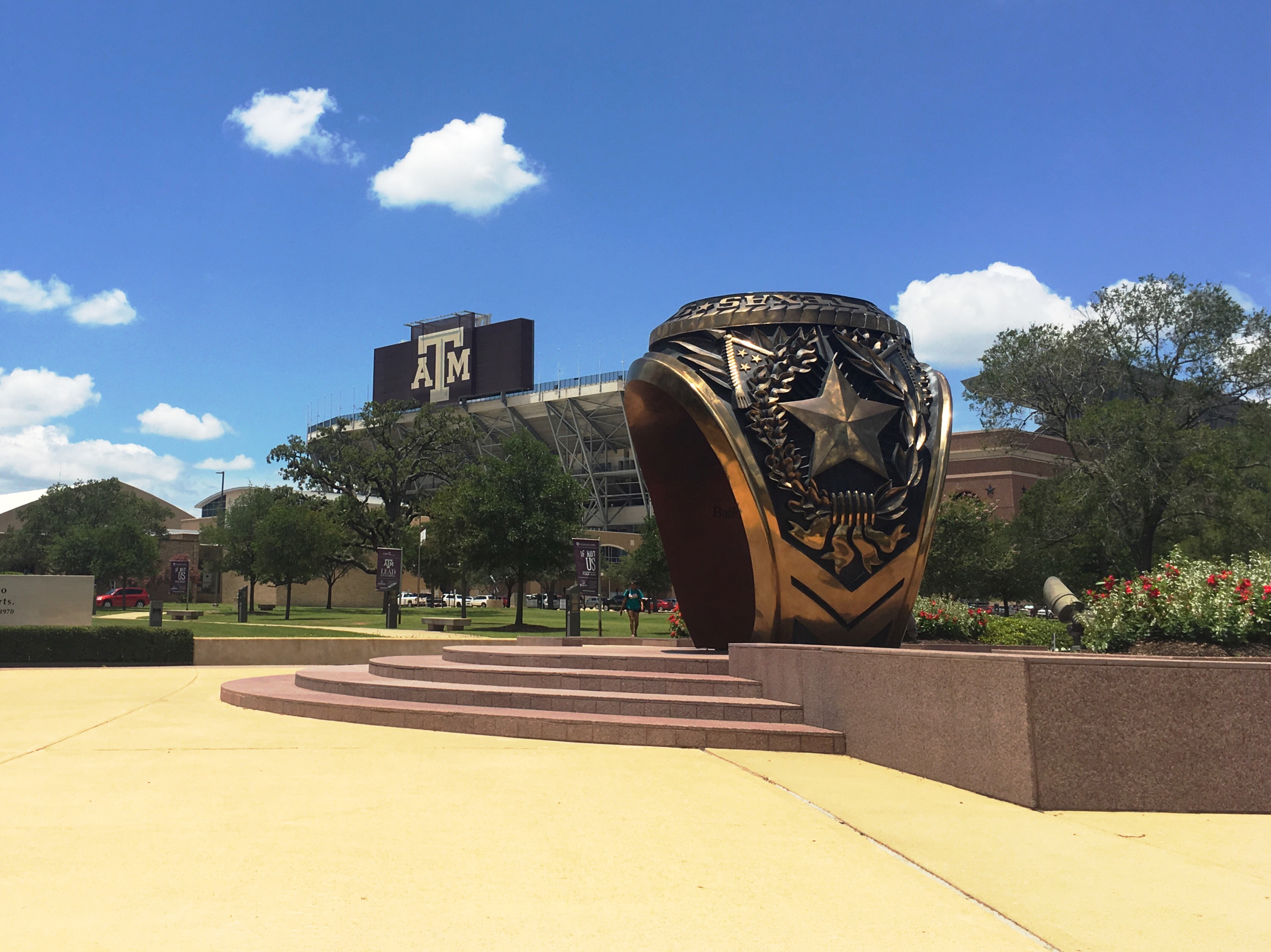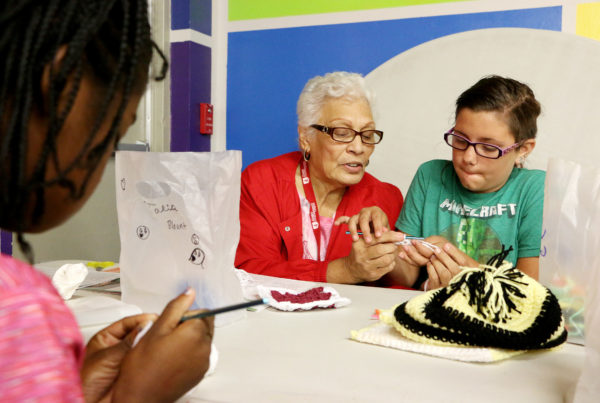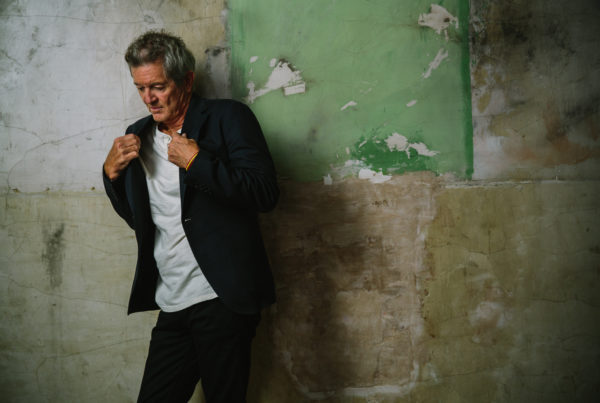Texas A&M once again found itself uncomfortably at the center of an issue involving race this spring. Last year, the campus made national news for reports of college students yelling racial slurs at touring high schoolers.
Then, in May, the American Conservative magazine posted an article featuring quotes from a Texas A&M professor, making it look as if he was calling for violence against whites. The quotes, from a 2012 podcast interview, were accurate but taken out of context.
Texas A&M’s president, Michael Young, first issued a statement condemning the comments. A week later, he did more to acknowledge how the comments were taken out of context.
The whole thing caused an uproar among students and alumni both defending and decrying the article. And while the American Conservative actually took down the original post, the dust still hasn’t settled.
When Texas A&M graduate Chris Elliott heard that an A&M professor was advocating for violence against white people, he didn’t immediately cancel his yearly donations to the university.
“I just had the assumption that he would be suspended, be fired, or would no longer be employed by Texas A&M,” Elliott says.
Elliott was shocked that philosophy professor Tommy Curry wasn’t fired. Instead, Young sent out a campus-wide email saying that while he didn’t support what Curry had to say, his comments were protected under the First Amendment.
After reading that email, Elliott decided he would pull his donation. For him, nothing short of firing Curry would convince him to donate again.
Elliott wasn’t alone. On an online forum for current and former A&M students called TexAgs, hundreds of commenters started using the hashtag #NotAnotherDime. They were pledging not to donate to A&M until Curry was removed. Some commenters started digging into videos and transcripts of Curry’s classes, posting anything they took issue with.
Curry studies critical race theory, a discipline concerned with how racism functions both in a modern and historical context. He says the comments that started this debate were about the film “Django Unchained” and related to some of the trends in his field. He says that when you look at the academic conversation more broadly, “I think it becomes quite clear that basically most of the professors in Africana Studies start with some analysis of violence.”
Curry says he tries to be careful when discussing that analysis.
“When I give lectures you know it’s just so funny because I start off the period when we start talking about militant self-defense,” he says “and I say I just walk up like, listen, we’re a conservative university. We’re a white university. So I don’t want anyone to come up here and think that I’m saying we should kill white people.”
As the story about Curry’s comments was picked by up more and more media outlets, he started receiving death threats. At one point, he even filed a police report. The American Conservative later retracted the article. But to alumnus Chris Elliott, this was just another example of what he sees as a culture change at A&M.
“I mean it’s really to the point now to where it’s not the same university that I went to,” Elliott says. “It’s certainly not what I signed up for when I was a college freshman, and it’s to the point where — it’s not a given that I would send my son there.”
Elliott says he pledges anywhere from $350 to $500 a year, which the Association of Former Students says is above the average donation of $190 a year. The association declined to say how many donations have been pulled in the wake of the ordeal.
While donors like Elliott are unhappy with A&M President Young’s response, those who support Curry aren’t happy with the administration either.
Patrick Anderson is a graduate student in the Department of Philosophy at Texas A&M. Curry is his adviser. After Young’s first response letter was published, Anderson helped organize a campaign in support of Curry. He felt Young was only adding fuel the internet firestorm because he at first didn’t clarify that Curry’s remarks were misconstrued.
“Somebody found this framed it in a problematic way to elicit these types of responses,” Anderson says. “And it worked. And the fact that of where it came from The American Conservative and what their motivation was, like, is either just completely lost on Michael Young or he agrees with their position in some way.”
Young’s office said he stands by his previous statements.
Other graduate students and professors also spoke out in support of Curry. Among his colleagues and former students, there was a broad consensus that he is not teaching students to go out and hurt white people.
Karen Simental is a senior at A&M, and took one of Curry’s classes. She says that even when controversial topics came up in class, he made sure everyone had a say.
“So like he doesn’t tell you what to believe,” she says. “He just tells you ‘look this is what I’ve read. This is what you’re about to read in this class. Make up your own mind.’ So yeah there were things that like we would argue with him and we’re like yeah but what about this or what about that. So it was just like a, like a mixture of ideas but it was always very like it was a safe environment.”
Simental says before taking Curry’s class, she didn’t know what she wanted to do after college. Now she plans on going to graduate school to study Mexican-American philosophy. For Curry, students like her are large part of why he’s a professor.
“When you have students that come out from that and they say, ‘Wow I’m interested in these ideas’ and they’re charged and they want to make changes,” Curry says. “Some of my students have gone on to law school. Some of my students have gone to be doctors you know to serve underserved communities. You can take nothing but pride from that as a teacher.”
While some donors are still concerned with the content of Curry’s research, he sees no point in stopping, or going anywhere else. He was the first black professor in A&M’s philosophy department, and to him, staying in the department is symbolic.
















